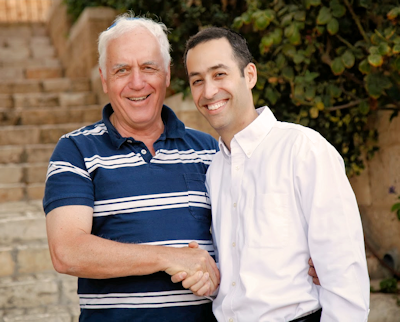
Independence Day may have passed but fireworks season is still in full swing and fireworks-related injury and death is a real and serious danger. According to the 2014 Annual Fireworks Report, compiled by the US Consumer Product Safety Commission there were at least 11 deaths and 10,500 injuries due to fireworks last
While the most common injuries occurred to the hands and fingers (approximately 36%), about 1 in every 5 of the injuries (19%) were to the eyes, where contusions, lacerations and foreign bodies in the eyes were the most common injuries. The danger to the eyes is serious and can result in permanent eye damage and loss of vision. Fireworks can rupture the globe of the eye or cause chemical and thermal burns, corneal abrasions and retinal detachment.
Sadly, children from 5-9 years of age had the highest estimated rate of emergency department-treated fireworks-related injuries (5.2 injuries per 100,000 people) and children under 15 years old accounted for 35% of the total injuries. Nearly half of those injured were bystanders and not actually handling the fireworks themselves.
Here are Five Fireworks Safety Tips to enjoy fireworks safely:
- The safest way to view fireworks is at a professional public display rather than at home use.
- When viewing fireworks, carefully adhere to the safety barriers and view them from at least 500 feet away.
- Never touch unexploded fireworks. Contact local fire or police departments immediately to deal with them.
- Never let young children play with any type of fireworks even sparklers.
- In cases where consumer fireworks are legal, use them safely. Anyone that handles fireworks or is a bystander should wear proper protective gear and eyewear that meet national safety standards.
- Professional grade fireworks should only be handled by trained pyrotechnicians.
If a firework-related eye injury does occur, seek medical attention immediately. Try to leave the eye alone as much as possible; do not rub or rinse the eyes, apply pressure or try to remove an object that has entered the eye.
In addition to knowing the dangers and safety precautions yourself, it’s important to teach your children about firework safety. Always remember that while they are fun to enjoy in the right setting, fireworks are explosive devices and should be treated as such.
